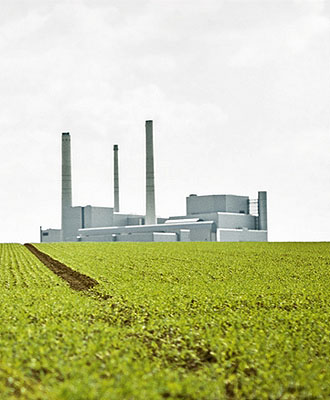
Process started: You are kindly invited to take part in the process of drafting the report on the implementation of the PRTR Protocol in Germany
Currently we are drafting the report on the implementation of the international PRTR-Protocol and register in Germany. The protocol requires contracting parties to report on the national implementation of the register. The Meeting of the Parties to the Aarhus Convention / Meeting of the Parties to the Protocol on PRTRs (30 June - 04 July 2014), will evaluate and document the state of the art of implementation by all parties.
Reports have to be submitted to the UNECE secretariat by mid December 2013. The UNECE secretariat will compile all reports and draft a synthesis report to be presented at the Meeting of the Parties to be held in Maastricht, the Netherlands.
How can you participate in this process
The drafting of the report on the implementation of the international PRTR-Protocol and register in Germany is a transparent process involving the public. The first draft of the implementation report is available for comments at first draft of the implementation report, deadline 24 November 2013. The draft contains answers to the questions requested including background information.
You may submit your comments to thrude@uba.de. All comments will be considered for the final version of the report. We are looking forward to your contribution.
Under Downloads, you will find the decision (in EN and DE) on the implementation report released during the first PRTR-Conference held in 2010. The questions about the legal and practical implementation process are listed in the Annex of the decision.
Background information
The PRTR-Protocol requires contracting parties (signatories) to establish such registers for public access.
The current register at http://www.thru.de/en provides air emissions data, pollution amount and waste amount of about 5.000 industrial facilities in Germany for the years 2007-2011. Operators of facilities have the obligation to report the releases of pollutants and the amount of waste, where these exceed certain threshold values specified in the PRTR protocol.
October 2013
![Thru.de [Logo]](/typo3conf/ext/gov_localconfig/res/templates/img/thrude-logo.png)
![UBA [Logo]](/typo3conf/ext/gov_localconfig/res/templates/img/uba_logo.jpg)